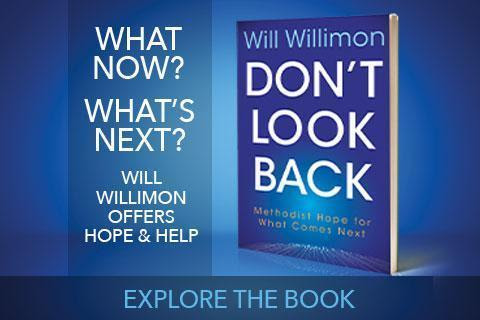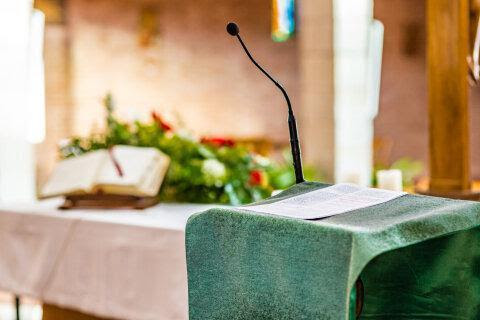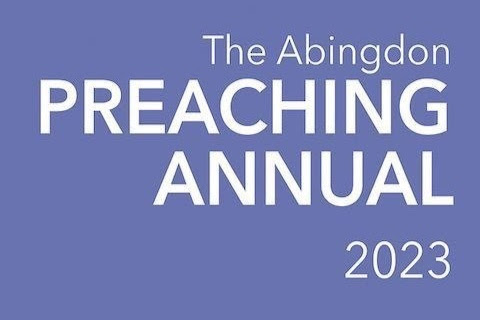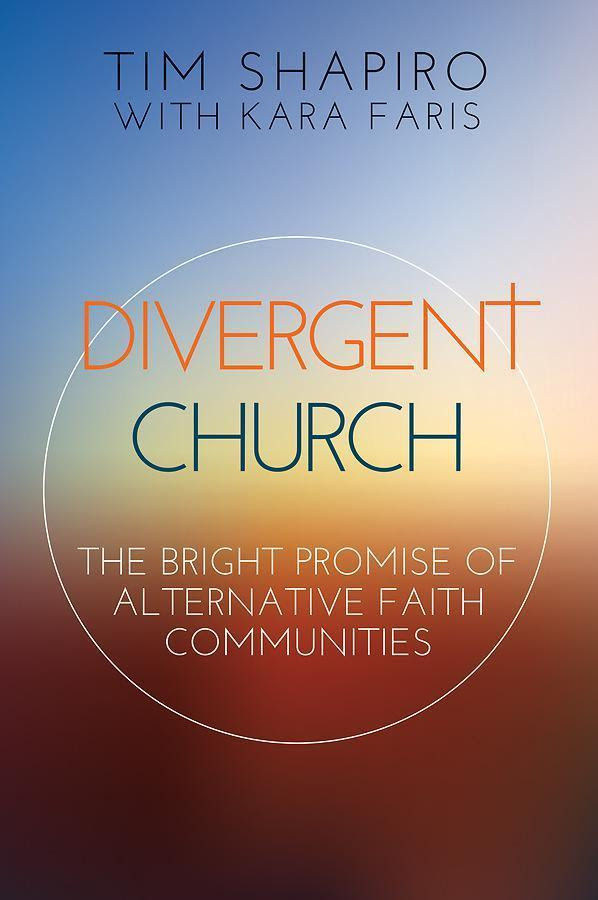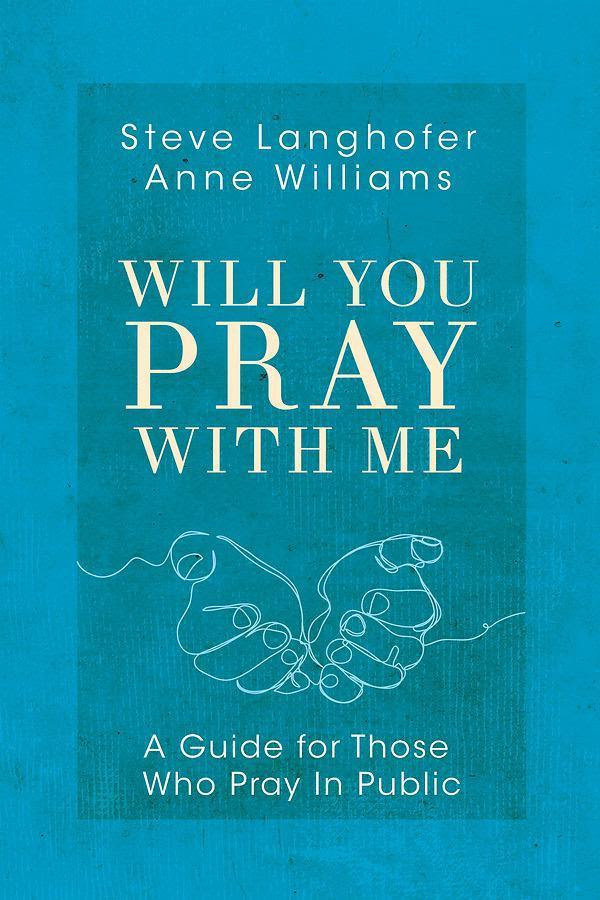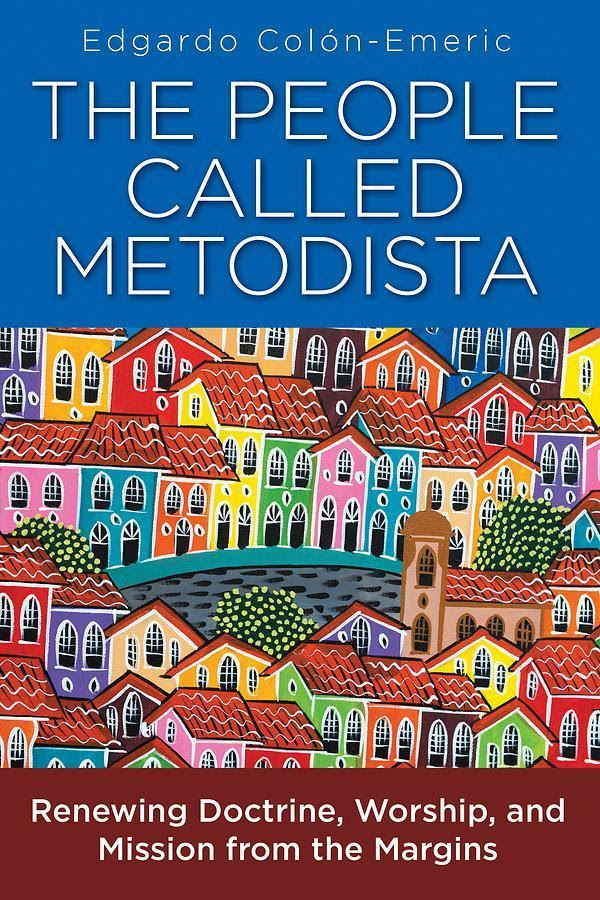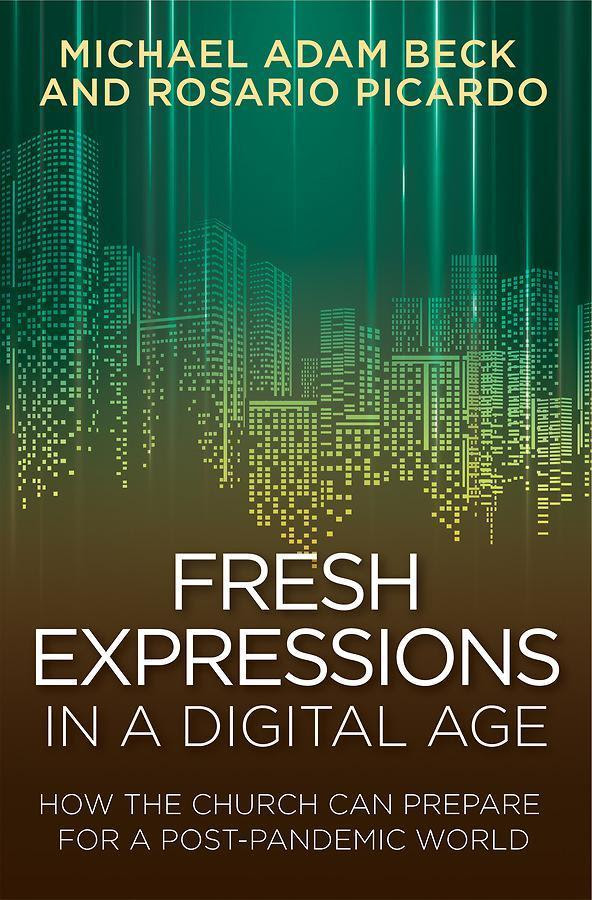Podcast episode features members of the Presbyterian delegation
January 31, 2023

The Rev. Richard Hong
In our church’s social media posts, we’ve noticed a trend: The single, static photo is declining in effectiveness compared to short video clips. Meta (the parent company of Facebook and Instagram) has been pushing “Reels,” which are videos less than 90 seconds long. There are two considerations in creating these Reels — technical aspects and content.
The technical aspect of Reels highlights a tension between the video we create for worship and what we create for social media. This is the contrast between a horizontal format and vertical. We are used to horizontal video. Television screens are horizontal. Traditional cameras are horizontal. But people use their phones while holding them vertically, so the content should be posted vertically, and certainly no less than square.
Now that you got the right angle for shooting (keep that phone vertical!), it’s time to address content. If covering a church event, don’t take posed photos — ever again. Take 30 seconds of candid video and use that as a post. Another source of video is the recording of the sermon. Almost every week we isolate a one-minute clip from the sermon, looking for a section that poses a thought question or makes an essential takeaway point. Because the sermon is recorded horizontally, we use a simple video editor to crop the video to a square or vertical format.
Remember that many people watch these short videos with the sound off. Understanding this, both Facebook and Instagram will auto-generate captions. This automatically makes the videos appear to be more professionally produced.
Our church’s goal is that the short video will encourage the viewer to seek additional content by either following us or visiting our website or YouTube channel, where we make the full sermon available.
At this point, you may be asking, “What about TikTok?” My answer right now is that I don’t know yet. TikTok, which is entirely short-form videos, is the logical extension of the trend away from text and toward images. At present, TikTok’s audience is young — 70% are under 35. In terms of tone and focus, we aren’t well-positioned to create compelling content for the TikTok audience — yet. Maybe some of you are, and if so, I encourage you to try. Just know that the audience is very different from the typical audience for a Presbyterian church.
The move toward video is just the next step as our culture increasingly communicates visually. Thinking visually will help you increase your reach and engagement with the world around you.
The Rev. Richard Hong, pastor of First Presbyterian Church of Englewood, New Jersey
Let us join in prayer for:
PC(USA) Agencies’ Staff
Bob Ratcliff, Editor in chief, Westminster John Knox Press, Presbyterian Publishing Corporation
Rebecca Rayner, Senior Paralegal, Legal Services, Administrative Services Group (A Corp)
Let us pray
Gracious God, thank you that you have given us enough to share. Remind us always to be grateful for your blessings. Move us out of our comfort zones to reach to those who have not known your abundance. In Jesus’ name. Amen.
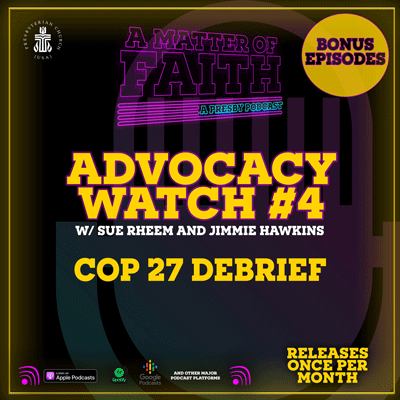 A Presbyterian Church (U.S.A.) delegation returned from the United Nations Climate Change Conference in Egypt to encourage others in the denomination to find ways to show their concern for the environment.
A Presbyterian Church (U.S.A.) delegation returned from the United Nations Climate Change Conference in Egypt to encourage others in the denomination to find ways to show their concern for the environment.













